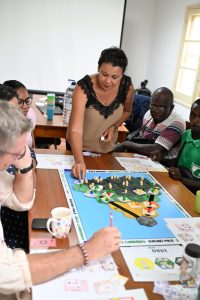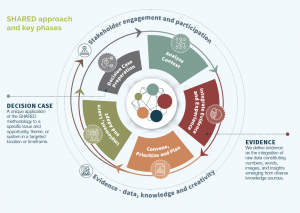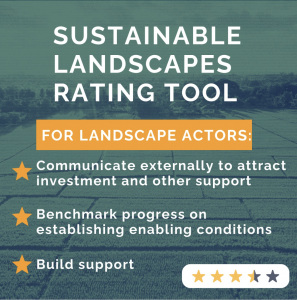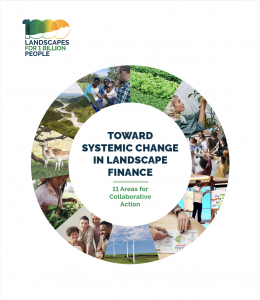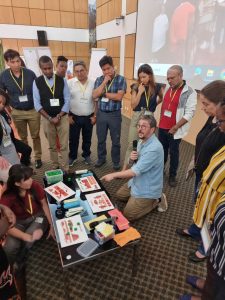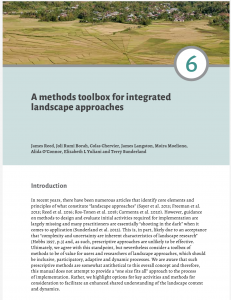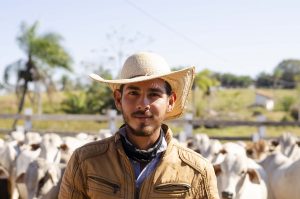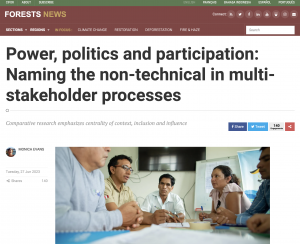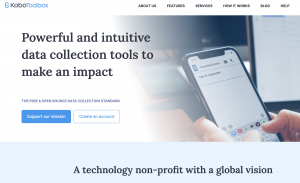Category: Tools and guidelines
Wicked! Strategy games for Integrated Landscape Management
On a learning mission to São Tomé and Príncipe, we got serious about games to challenge worldviews and create opportunities for dialogue.
Stakeholder engagement toolkit for ILM
SHARED is a tailored method for stakeholder engagement with evidence, managing relationships and brokering multi-stakeholder and cross-sectoral partnerships.
Sustainable Landscapes Rating Tool
The Sustainable Landscapes Rating tool supports both landscape actors and landscape investors by providing a rapid, objective, evidence-based assessment of key jurisdictional policies and governance conditions within an identified region or territory.
Toward systemic change in landscape finance
New financial pathways have the power to channel more meaningful and integrated investments in landscape-level initiatives. This report sources ideas and solutions from leading experts in the field on the steps needed to scale up integrated landscape finance (ILF) for the benefit of people and planet.
Playtime! Teaching the pros (and cons)
Our programme's Global Summit brought together more than 50 ILM practitioners to explore the inner workings of an integrated approach to landscapes management. But how to bring everyone to a common understanding of these principles?
A methods toolbox for integrated landscape approaches
This chapter aims to give guidance for those working within integrated landscape approaches. It suggests key points for consideration to allow those involved to have a better understanding of the landscape context and dynamics.
Taking the bull by the horns
Can Integrated Landscape Management contribute to sustainable cattle ranching? And vice versa?
Power, politics and participation in multi-stakeholder processes
A tale of two Brazilian states leads us to really useful tips to design meaningful, inclusive platforms for transformation.
SEPAL (System for Earth Observation Data Access, Processing and Analysis for Land Monitoring)
A powerful, open-source platform for forest and land monitoring that can empower your project to gain a better understanding of land cover dynamics.
KoboToolbox
Tool: Kobo Toolbox. KoboToolbox was created to be a free and accessible data collection tool for social impact organizations in the humanitarian, development, environmental protection, peacebuilding, and human rights sectors.


